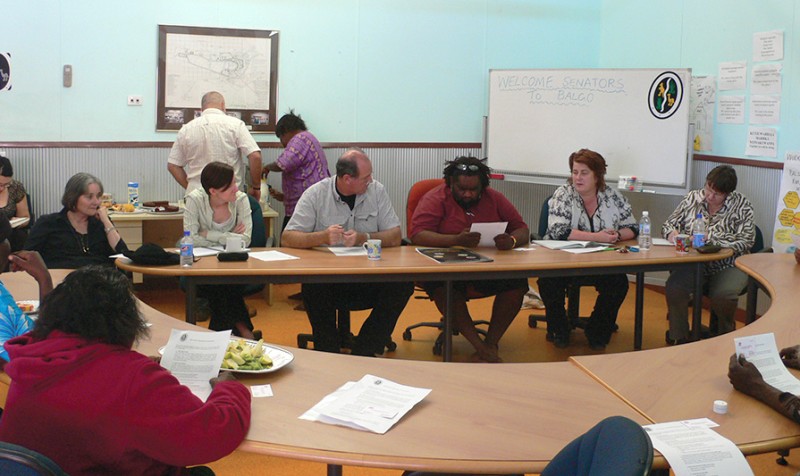What do members of parliament do when they're not at Parliament House?
Kaz, thanks for your question. When Parliament is not sitting, most senators and members will be working in their home state or territory. Their work includes:
- working on committees to collect information from groups that want to present their views to Parliament
- helping people in their electorate who may be having difficulties with issues such as taxes, immigration, health or pensions
- speaking with community groups such as pensioner associations and sporting clubs
- dealing with local concerns, such as road construction or environmental issues.
Members of the House of Representatives represent around 150 000 people living in their electorate. Senators represent their entire state or territory.
Some senators and members have extra responsibilities, such as being the leader of their political party or a minister or shadow minister, which may require them to spend time travelling around Australia.
A Senate committee hearing at Balgo in the Kimberley, Western Australia.

Senate Procedure Office
Description
This photo shows a group of people sitting at tables facing each other with papers in front of them. One person appears to be reading aloud from a paper and others have their heads turned towards this person.